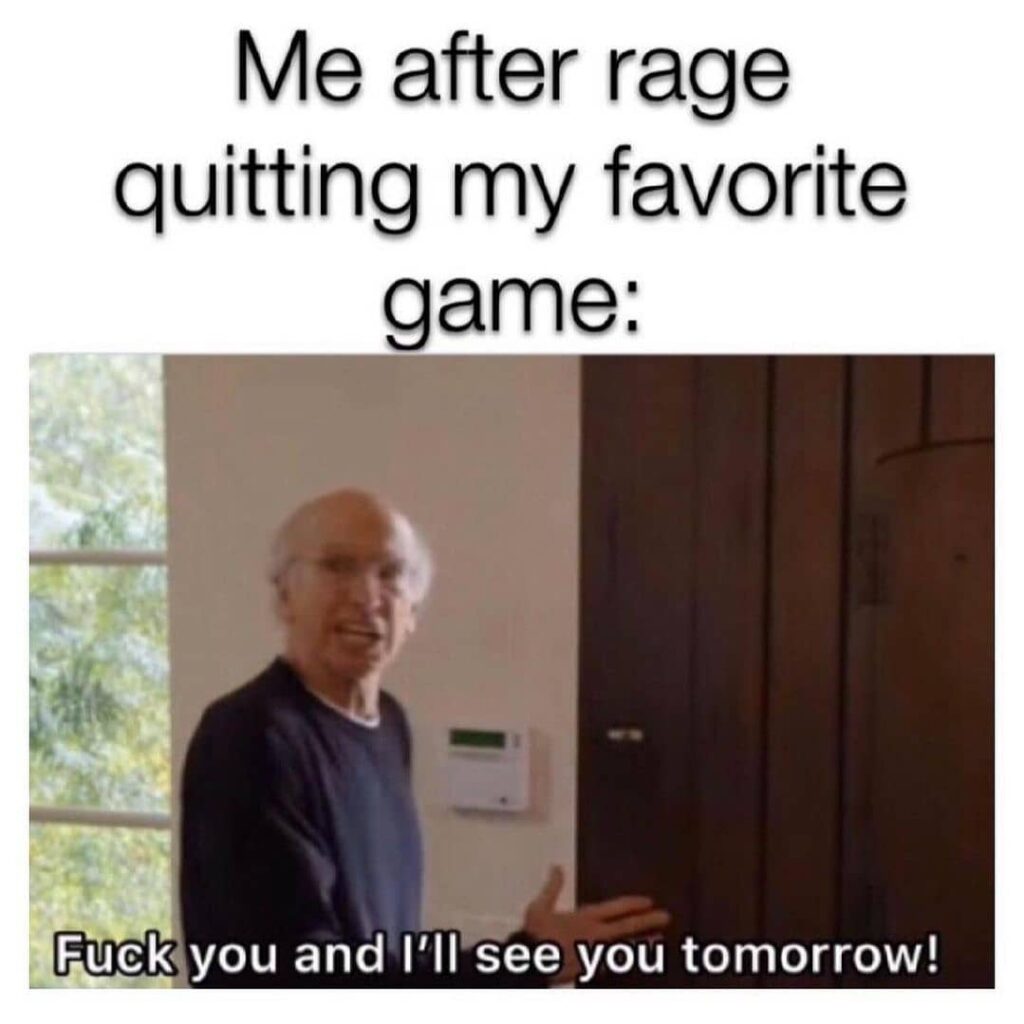
So building off my previous sentiment that play is about having fun inside of a structure, I think this naturally brings one to question the definition of fun. In Chapter three, which is all about the idea of fun, Bogost starts off by saying that as humans we have a misconceived idea of fun. We tend to overuse the word, to the point where it can feel devoid of true meaning. Through starting to analyze what causes this trivial meaning of fun, Bogost introduces a paradoxical definition of what fun actually is, something that “comes from the ordinary and the extraordinary all at once” (64).
Bogost makes a lot of good points on how the word fun can feel either meaningless or trivial. One great example he gives in how fun can be seem as trivial is how when media like a movie is seen as something fun, it’s not seen as something with actual merit. I think of how some people innately view comedy movies as seen as less than to dramas because they are seen as having the main goal of the viewer having fun. He then points out that there are many times where we’ll say that something is fun, yet it ironically is something that is challenging or possibly frustrating to us. He talks about the infamous gamer term “rage-quitting”, something that is very common amongst the gaming community, which brings me to consider how ironic the idea of fun is in terms of video games.
Video games are repetitive, everyone knows it, and every gamer is familiar with the feeling of repetitiveness that can be both addicting yet boring. Sometimes, in a shooter games for example, you can feel the repetitiveness in a very slow blowout match and that is what can make the game feel not fun, it’ll feel boring. Conversely, a fun match is what we would call a sweaty one, one that is very close where the enemy team is on par with our skill, yet those matches can feel like torture.
One great example is in the competitive game of Overwatch. I feel like this is unique to other shooters because it is known for the amount of players that rage and fight others on it, yet the people they are fighting are their own teammates, because unlike other games, Overwatch doesn’t allow the players to talk to the enemy team. Most of the fun games I’ve had on Overwatch were the ones where my own teammates are yelling at me, where there’s immense pressure to perform well on top of collective frustration from my team building up. This leads to the question of how something like this could even be considered fun? It’s like twisting the word to mean something completely different than that of the fun on a comedy movie, which can go back to how the word might be considered meaningless all together
Bogost’s answer, though, is that we are misinterpreting fun to mean pleasure. He states that “fun is not a feeling” (78) and likens it to be like work, just a different type of work. “The extraction of pleasure or enjoyment that we derive does not constitute the fun of the act, but the experience of oscillating between the potential and actual properties of a set of people, things, events, and ideas outside of us.” (78) So what I’ve gained from this insight of fun is that he is looking at fun as an idea or mode of interaction, rather than a feeling, it’s the way that we as humans can harmonize with a given structure. It’s like taking what’s given to us, in its bare and boring sense, and making something that unique with it, transforming our experience in a given environment to be something that we name fun. Shooter games are only fun when it feels the environment has transformed into something more, when the game has engulfed me completely to anxiously feel the pressure to win, and suddenly it feels more than just a game but a test of my perseverance and pride. Therefore, what we deem as fun, has a paradox to it as it doesn’t have to actually feel fun, after all it is a process of discovering or making something new, something exciting and unique, within the structures given to us. It’s a product of allowing ourselves to engage in play and seeing the structures around us as playgrounds.


I can see how this chapter resonated with you given your original blogpost on “alienation” and play. Indeed, if a Martian watched people playing Overwatch, working the trading floor of a commodities exchange, and arguing about policy in a boardroom, they might have a hard time seeing any difference between what we call “work” and “play.” I like your emphasis on the social, collaborative dimension of “play,” the way it is highly context-dependent.
Oh, and am also glad to see that you love CURB: I haven’t caught the reboot yet, but the original show was brilliant!